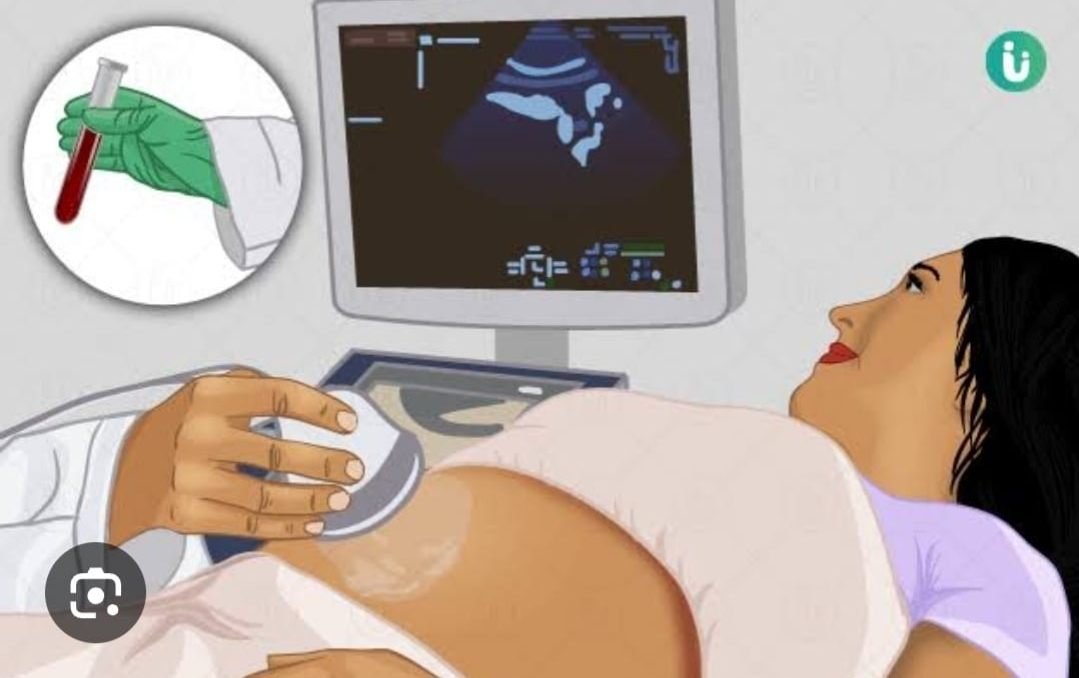
The first trimester of pregnancy can see a variety of factors leading to abortion (miscarriage). Common causes include:
Chromosomal Abnormalities: Genetic issues in the embryo are the most frequent cause, often preventing normal development.
Hormonal Imbalances: Insufficient progesterone can affect the uterine lining and embryo implantation.
Uterine Abnormalities: Structural issues, such as fibroids or an abnormal shape of the uterus, can interfere with implantation and growth.
Infections: Certain infections, such as bacterial vaginosis or sexually transmitted infections, can increase miscarriage risk.
Chronic Health Conditions: Conditions like diabetes, thyroid disorders, and autoimmune diseases can impact pregnancy viability.
Lifestyle Factors: Smoking, excessive alcohol use, and drug use can contribute to miscarriages.
Age: Advanced maternal age can increase the risk of chromosomal abnormalities.
Physical Trauma: Significant physical injury can potentially lead to miscarriage.




